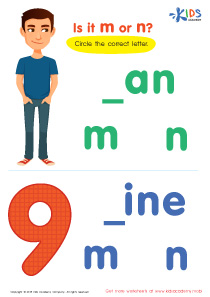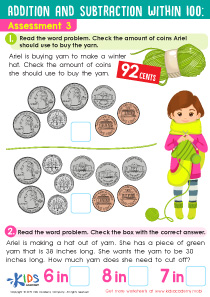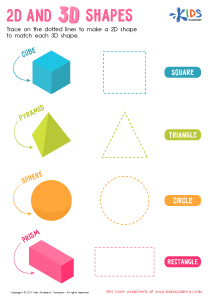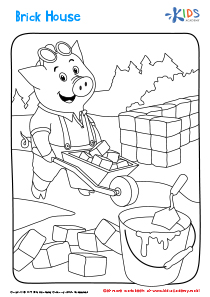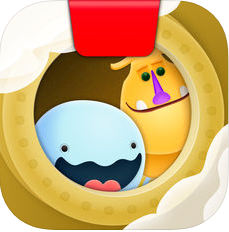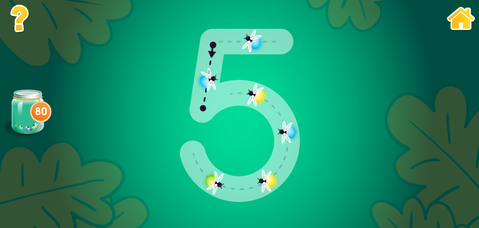Math Lessons | Keeping Track of Data for 8-Year-Olds
8 results
Introducing our vibrant lessons on "Keeping Track of Data for 8-Year-Olds"! Tailored specifically for curious young minds, these lessons blend interactive worksheets, engaging educational videos, and fun assessment quizzes to make learning about data both enjoyable and insightful. Designed to cater to the unique learning pace of 8-year-olds, our program helps children grasp the basics of data handling, organization, and interpretation through a series of hands-on activities. Whether your child is just starting to explore the world of data or looking to deepen their understanding, our lessons provide the perfect foundation. Dive into the fun of data with us!
In an increasingly data-driven world, it's never too early to equip our children with the tools they need to navigate, understand, and leverage information effectively. This is why the program, "Keeping Track of Data for 8-Year-Olds," is an indispensable part of a child's educational journey, especially at a critical age where foundational skills are being established. Designed with young learners in mind, this program offers a blend of interactive worksheets, educational videos, and assessment quizzes, all geared towards making the process of learning data management both engaging and accessible.
Understanding and managing data isn't just about numbers; it's about fostering a structured way of thinking, enhancing problem-solving skills, and encouraging a meticulous approach to information. For 8-year-olds, who are at a stage of immense cognitive development, the "Keeping Track of Data for 8-Year-Olds" program serves as an essential building block. It aids in developing their analytical skills, which, in turn, benefits them across all their studies, from science and mathematics to social studies and language arts.
The interactive worksheets are a core component of the program, designed to captivate children's attention while simultaneously challenging them to apply what they have learned in practical scenarios. These worksheets are more than just paperwork; they are a journey through the land of data, guiding children with exercises that teach them how to collect, sort, and interpret data, thereby laying a strong foundation for critical thinking and analysis.
Furthermore, the inclusion of educational videos makes learning about data management an enjoyable experience. These videos break down complex concepts into bite-sized, easily digestible pieces of information, making the daunting task of understanding data not only manageable but also enjoyable. By presenting information in a visually engaging manner, these videos ensure that children remain engaged and retain more information.
Assessment quizzes play a pivotal role in the learning process by providing immediate feedback. These quizzes help reinforce what the children have learned, allowing them (and their educators or parents) to identify areas that may need further attention. Moreover, they serve as a confidence booster for children when they see their progress, further motivating them to dive deeper into the world of data.
One cannot overstate the importance of the skillset provided by the "Keeping Track of Data for 8-Year-Olds" program. In the modern world, where data is omnipresent, being adept at managing and interpreting data from an early age can set children up for success in various fields. Whether it's understanding the basics of personal finance, interpreting scientific data, or making informed decisions based on statistical information, the skills honed through this program are universally applicable.
In conclusion, "Keeping Track of Data for 8-Year-Olds" is not just a program—it's a critical step towards nurturing informed, analytical, and thoughtful future citizens. By engaging with interactive worksheets, educational videos, and assessment quizzes, children not only learn how to manage data but also develop a keen eye for detail, enhance their problem-solving skills, and cultivate a structured approach to thinking, all of which are invaluable in their studies and beyond.
